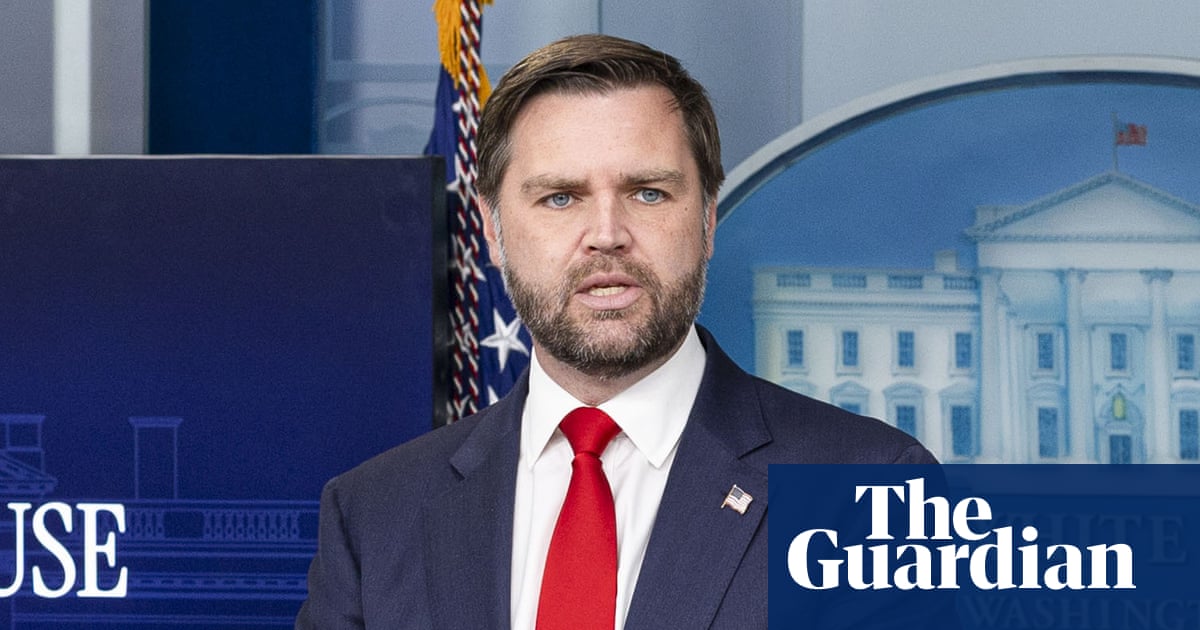The Trump administration announced Thursday that it is urging US employers to create new fertility benefit options to cover in vitro fertilization and other infertility treatments.
In an announcement from the Oval Office, Donald Trump also said his administration had cut a deal with the drug manufacturer EMD Serono to lower the cost of one of its fertility drugs and list the drug on the government website TrumpRx.
These moves, Trump said, would lead to “many more beautiful American children”.
“In the Trump administration, we want to make it easier for all couple to have babies, raise children and have the families they’ve always dreamed about,” Trump said.
Employers are encouraged to offer the fertility benefit option separately from their medical coverage, similar to how dental and vision coverage is usually offered to employees. The labor department, the treasury and the health department will on Thursday also release guidance on how employers can legally create the option.
However, Republicans who spoke at Trump’s announcement framed the benefit as a “recommendation”, indicating that employers will not be required to offer the coverage nor receive government subsidies for doing so. They also stressed that the benefit will be structured to give employers immense flexibility to determine what will or will not be covered.
Without new incentives to offer IVF coverage, it is unclear how many employers will ultimately support it.
Trump, who has called himself the “fertilization president”, made support for infertility treatments a major part of his re-election campaign, especially after the nation erupted in outrage when the Alabama supreme court deemed embryos “extrauterine children”. Because IVF can lead to the creation of unused or discarded embryos, that decision temporarily forced many Alabama IVF providers to stop working.
Yet in the months since taking office, the Trump administration has remained quiet on the issue. In February, he signed an executive order directing the administration’s domestic policy council to make recommendations to “aggressively” reduce the price tag of IVF, which often costs tens of thousands of dollars and is frequently not covered by insurance.
A detailed report on the recommendations was supposed to be made public by May. No report ever emerged.
While IVF is extremely popular among Americans, the GOP’s deep ties to the anti-abortion movement have made it something of a political landmine among elected Republicans. The movement has long opposed IVF, as advocates believe that embryos are people.
White House officials have in recent months discussed the possibility of supporting restorative reproductive medicine (RRM), a constellation of therapies that purport to restore people’s “natural” fertility.
Although RRM is popular among anti-abortion advocates and adherents of the “make America healthy again” movement, several major medical organizations say there is little quality evidence that RRM is more effective at helping people have babies than mainstream fertility medicine.
Trump did not mention RRM in his Thursday address. When a reporter asked if he had any thoughts on anti-abortion activists’ opposition to IVF, Trump said: “I think this is very pro-life.”
Pronatalist rhetoric, which holds that having children is important to a county’s wellbeing and that the state should incentivize people to procreate, dominated the press conference that followed Trump’s address. Robert F Kennedy, the health and human services secretary, highlighted the falling US birthrate, while Mehmet Oz, the administrator for the Centers for Medicare and Medicaid Services, claimed that Kennedy and Trump are “great leaders” because they have big families.
People who want more children but can’t have them, Oz added, are “under-babied”.
“There’s gonna be a lot of Trump babies,” Oz said. “It turns out the fundamental creative force in society is about making babies.”

 German (DE)
German (DE)  English (US)
English (US)  Spanish (ES)
Spanish (ES)  French (FR)
French (FR)  Hindi (IN)
Hindi (IN)  Italian (IT)
Italian (IT)  Russian (RU)
Russian (RU)  4 hours ago
4 hours ago
























Comments